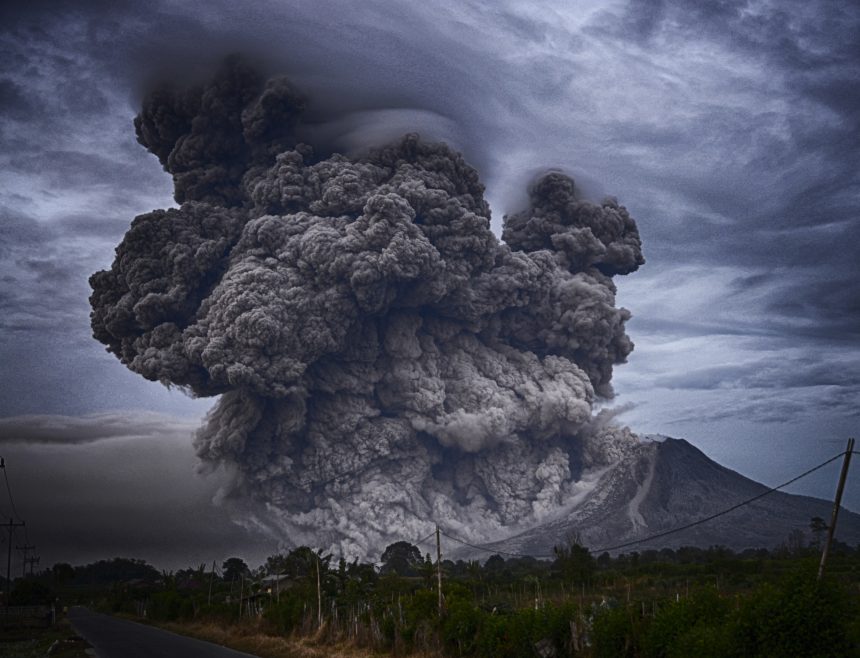A powerful eruption of Mount Lewotobi Laki‑Laki in East Nusa Tenggara sent an ash plume soaring over the skies, prompting flight cancellations to and from Bali and triggering local evacuations. The disruption highlights Indonesia’s prevalent volcanic risk and its ripple effects on global air travel.
Massive Eruption and Escalated Alert Level
Mount Lewotobi Laki‑Laki erupted on June 17, launching ash over 11 kilometers into the atmosphere and forcing Indonesia’s volcanology agency to elevate its alert level to the highest tier. A secondary eruption on June 18 sent another ash column rising around 1 km, reinforcing the urgency of the situation.
Dozens of Flights Cancelled and Delayed
The volcanic ash forced the cancellation or delay of at least 32 flights at Bali’s Ngurah Rai International Airport. Affected carriers included Singapore Airlines, its budget arm Scoot, Jetstar, Virgin Australia, Air India, and Air New Zealand. Jetstar cancelled numerous morning routes to Australia and postponed afternoon services, while Singapore Airlines called off flights between Bali and Singapore.
Mid‑Flight Turnback: Air India Flight Diverts
Safety concerns prompted one Air India flight bound for Bali to turn back mid‑air to Delhi, as volcanic ash posed immediate danger to aircraft. The decision, made over Indonesian airspace, prioritised passenger safety and avoided potential engine damage.
Regional Disruption and Evacuations
Authorities closed Fransiskus Xaverius Seda Airport in Maumere (Flores Island) until Thursday due to ash hazards. Nearby villages such as Boru, Hewa, and Watobuku were evacuated as a precaution against falling ash and debris. No reported casualties surfaced from the eruption.
Aviation Safety and Economic Fallout
Volcanic ash clouds pose serious hazards to aircraft, particularly jet engines. Airlines and aviation authorities are closely monitoring airborne ash forecasts, expected to clear by late Wednesday. Meanwhile, carrying capacity on the Bali route—vital for tourism—suffered localized disruptions, echoing the island’s deep exposure to natural hazards.
What to Expect Next
- Rescheduling notice: Airlines are rebooking stranded passengers and recommending ongoing updates.
- Airport re-openings: Flights may resume later today if ash disperses as anticipated.
- Community support: Villages near the volcano remain on alert, with disaster agencies ready to respond to further activity.
Indonesia’s volcanic landscape continues to remind global travellers: natural events, not conflicts or strikes, remain among the most unpredictable disruptors of modern air travel. While the skies may clear soon, vigilance remains essential in this tectonically active region.











